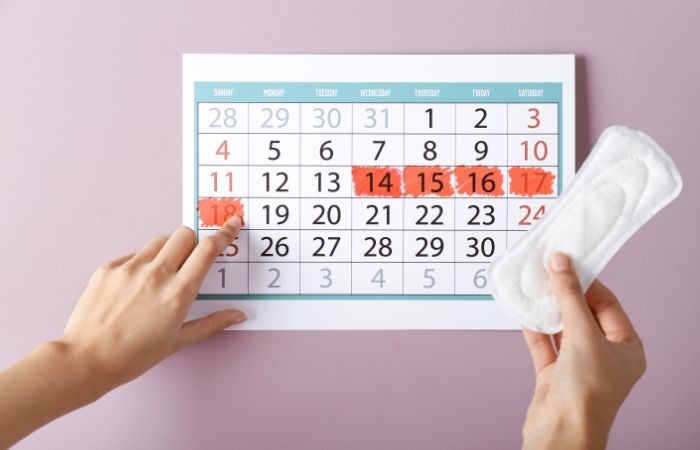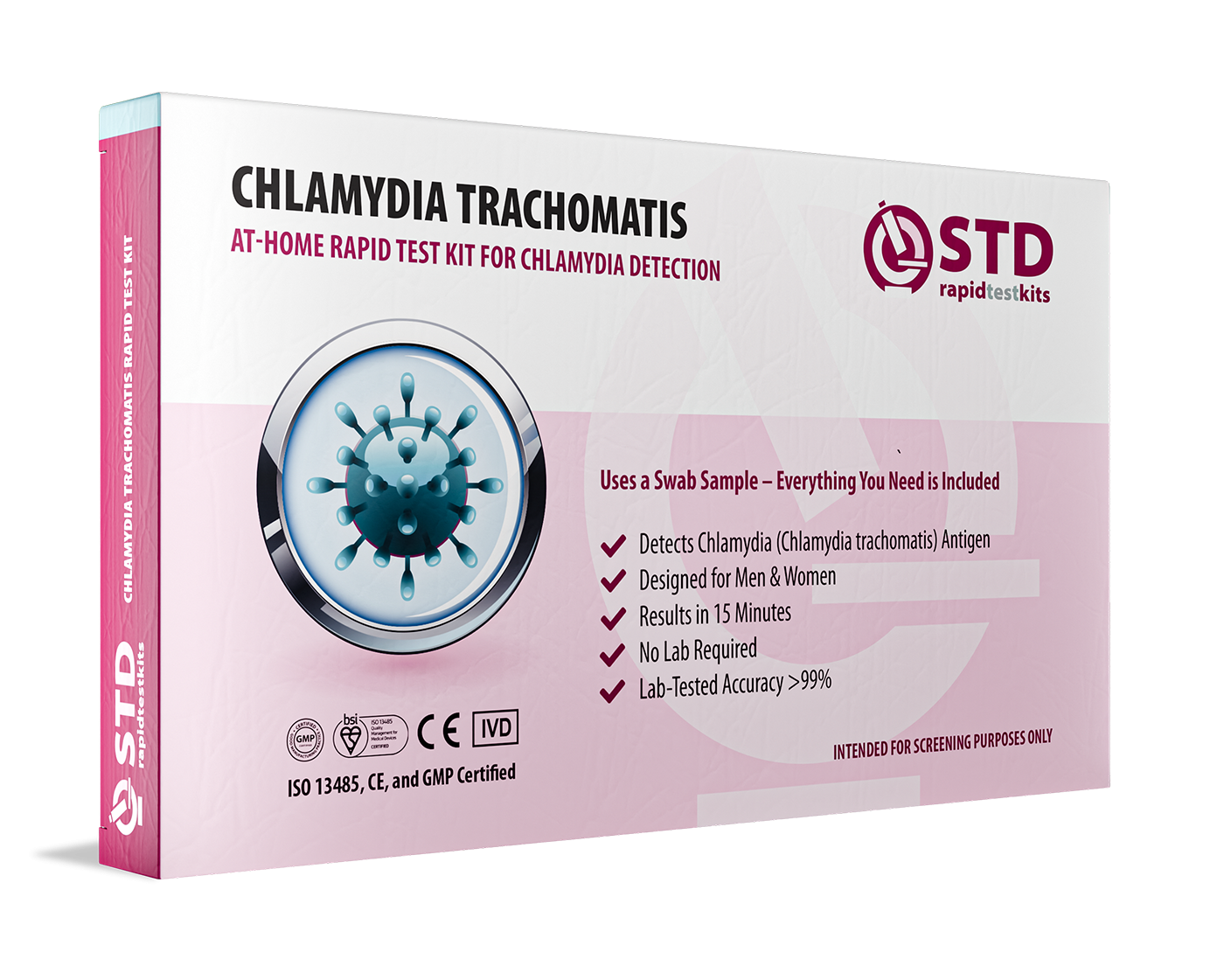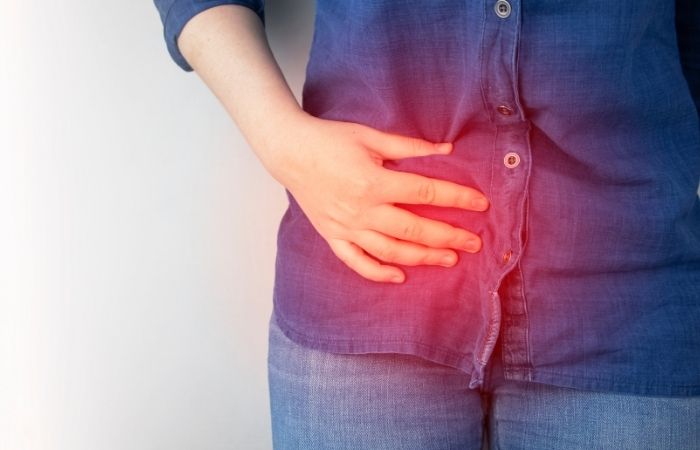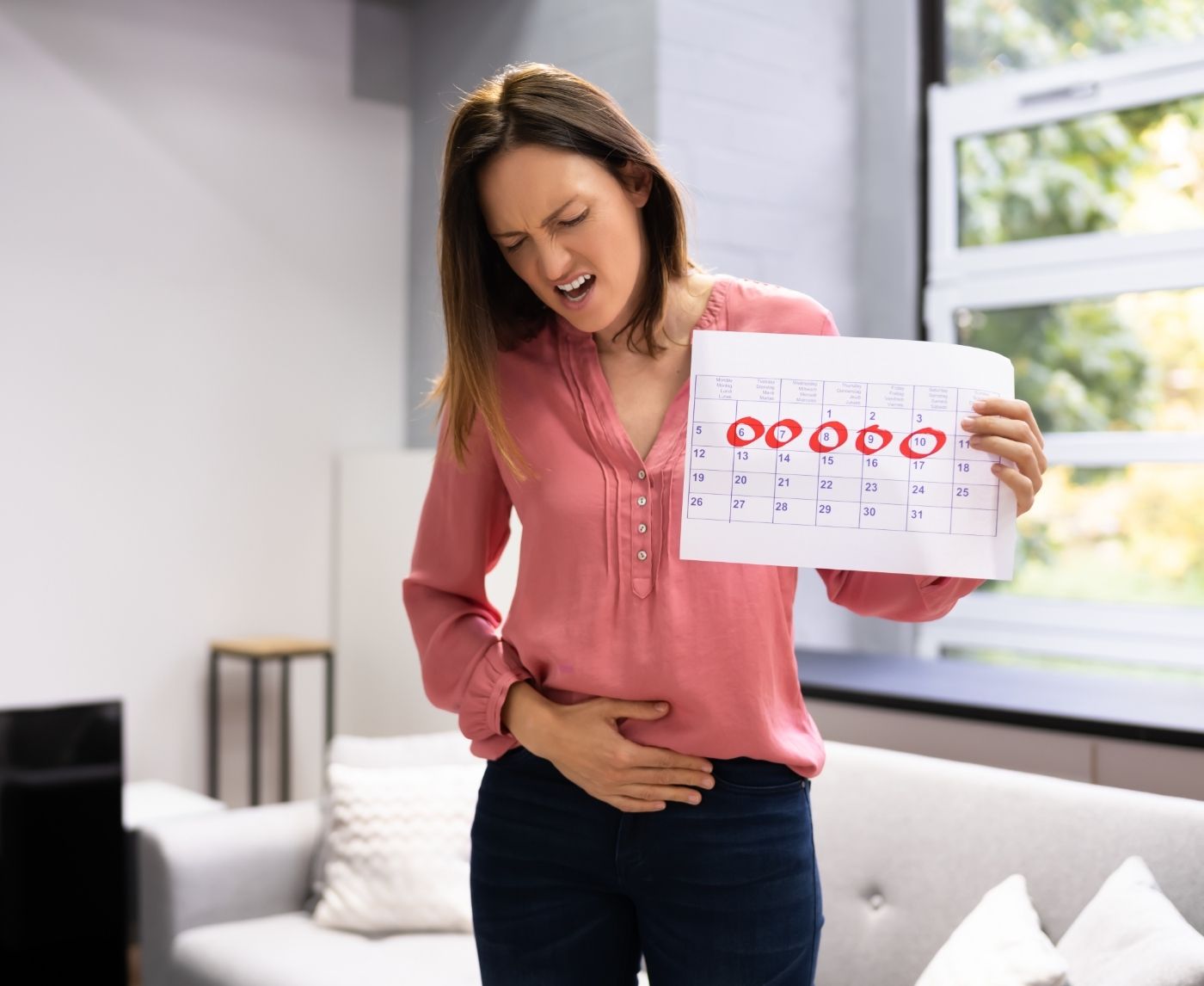What Your Hormones Are Doing Behind the Scenes
Let’s get into the biology. Your menstrual cycle isn’t just a monthly bleed, it's a hormonal symphony. And when chlamydia’s in the mix, those hormonal shifts can influence how your body reacts to infection.
- Estrogen & Progesterone: These two power players fluctuate during your cycle. Estrogen peaks before ovulation, while progesterone takes over in the luteal phase. Both affect vaginal immunity and inflammation.
- Vaginal pH: Hormonal changes alter vaginal pH. Lower estrogen can make the vagina more alkaline, which isn’t great for defending against infections like chlamydia.
- Immune suppression: Some studies suggest that the luteal phase (after ovulation, before your period) temporarily suppresses immune response, which may allow infections to flare.
A 2022 study in Frontiers in Immunology confirmed that hormonal cycling can alter susceptibility to STIs by affecting mucosal immunity, meaning your body’s ability to block, contain, or fight off invaders changes based on your cycle. If you’re noticing worse symptoms at specific times of the month, your hormones might be lowering the drawbridge.

People are also reading: Is Kissing Risky? Oral Gonorrhea & Other Infections You Should Know
Why Chlamydia and Periods Don’t Play Nice
Some symptoms of chlamydia can mimic PMS, while others intensify during menstruation, creating a confusing overlap. Here’s how the two interact:
- Symptom Confusion: Cramping, back pain, and light bleeding can all be blamed on periods, but may also be signs of chlamydia.
- Post-Period Inflammation: After menstruation, the endometrial lining repairs itself. Chlamydia can delay this healing and lead to prolonged spotting or pain.
- Increased Sensitivity: Your cervix opens slightly during menstruation, which can cause more irritation if it’s already inflamed by chlamydia.
This all means that what feels like “just a rough period” could be a warning signal from your body.
Bleeding Between Periods? Chlamydia Might Be the Reason
Let’s talk about unexpected blood. If you’re bleeding between periods, especially after sex or during your cycle’s off days, that’s a red flag. Chlamydia can inflame the cervix (called cervicitis), making it more prone to bleeding when irritated.
Common signs to watch for:
- Spotting after sex (even gentle penetration)
- Unusual discharge, especially yellow or green-tinged
- Heavier or prolonged periods that suddenly deviate from your norm
If your period has changed and you're experiencing any of the above, it’s time to ask if chlamydia could be involved.
Why Some Symptoms Flare During Ovulation
It’s not just your period that can stir up symptoms, ovulation can also make chlamydia more obvious. Around Day 14 of your cycle, cervical mucus becomes thinner and the cervix softens to allow sperm in. Unfortunately, this can also allow chlamydia bacteria to move more easily into the upper reproductive tract.
Warning signs during ovulation:
- Mild pelvic pain or twinges on one side of the lower abdomen
- Thinner, watery discharge that smells off or looks unusual
- Increased burning or frequency with urination
Ovulation may not cause chlamydia, but it can make a mild infection feel like it’s suddenly a lot worse.
Take Back Control: Know What You’re Dealing With
You don’t need to play guessing games with your reproductive health. The symptoms we often chalk up to hormones could be chlamydia in disguise. And untreated, it doesn’t just ruin your period, it can damage your fertility.
Good news? You can discreetly confirm what’s going on at home. We recommend the Chlamydia Test Kit for a simple, fast answer, no waiting rooms, no judgment. Or go broader with the Chlamydia, Gonorrhea & Syphilis 3-in-1 Rapid Test Kit if you’ve got overlapping symptoms.
Check Your STD Status in Minutes
Test at Home with RemediumChlamydia Test Kit

 For Men & Women
For Men & Women Results in Minutes
Results in Minutes No Lab Needed
No Lab Needed Private & Discreet
Private & DiscreetOrder Now $33.99 $49.00
Hormones, Immunity & Infection: What the Science Says
It’s not just anecdotal, science backs up what many women already feel in their bodies. A review published in The Journal of Infectious Diseases (2020) found that female sex hormones modulate immune responses in the cervicovaginal tract, impacting susceptibility and response to infections like chlamydia.
Here’s what the literature highlights:
- Estrogen dominance appears to boost protective antibodies in the vaginal canal
- Progesterone dominance may downregulate those same defenses
- Hormonal contraceptives can either reduce or amplify risk depending on formulation
The takeaway? Your cycle isn’t just background noise. It changes how your immune system reacts, and when combined with an untreated STD, it may shift symptom severity day by day.
Real Talk: A Reader’s Story
“I kept thinking I had a hormonal issue, crazy spotting, cramps that didn’t match my period. My doctor thought it was fibroids. But after a new partner, I pushed for testing. It was chlamydia. Two rounds of antibiotics later, I finally feel normal again.” , Marissa, 29
Stories like Marissa’s are common, because the shame around STDs often delays diagnosis. We confuse symptoms for something hormonal, something we “just live with.” But chlamydia doesn’t go away on its own. And your period pain might not be hormonal at all.
When Should You Get Tested?
If your symptoms change with your cycle, or if you’ve had unprotected sex in the last 3 months, it’s time to test. Especially if you’re experiencing:
- Bleeding after sex or between periods
- Pelvic cramping not related to menstruation
- Burning urination that isn’t a UTI
Most people with chlamydia don’t show obvious signs until it spreads. And once it reaches your fallopian tubes (causing PID), symptoms worsen and fertility risks skyrocket. That’s why early testing matters, especially when your period feels off.

People are also reading: Think It's a UTI? Here's Why It Might Be an STD Instead
Cycle-Tracking Your Chlamydia Symptoms
If you’ve tested positive, one thing that can help you recover smarter? Tracking your symptoms across your cycle. Here's what to log:
- Day of your cycle when symptoms spike
- Severity of pain, discharge, bleeding
- Sexual activity and condom use
Sharing this timeline with your clinician helps them spot patterns, whether it’s hormonal overlap or treatment complications. And it helps you rebuild trust in your own body again.
Why Hormonal Birth Control Doesn’t Always Protect You
Many people assume being on the pill means you’re safer from STDs. But that’s a myth. Birth control prevents pregnancy, not chlamydia. And some hormonal contraceptives might even increase STI risk by changing the vaginal microbiome.
Key fact: The CDC recommends regular screening for chlamydia in sexually active women under 25 and anyone with new or multiple partners, regardless of birth control use.
Condoms are still your best barrier method, but testing remains crucial, especially when symptoms change with your cycle.
FAQs
1. Can chlamydia make your period worse?
Yes. Chlamydia can cause cervical inflammation that leads to more pain, heavier bleeding, or irregular spotting during your cycle.
2. Is spotting during ovulation normal with chlamydia?
No. While light spotting can happen naturally, chlamydia-related spotting is usually more frequent and may appear after sex or mid-cycle.
3. Can hormones make chlamydia symptoms worse?
Yes. Hormonal changes during your cycle can affect your immune system and vaginal pH, which may flare up chlamydia symptoms.
4. Should I test for chlamydia if my cramps feel worse than usual?
Absolutely. If your period pain feels sharper or longer than usual, especially with spotting or burning, get tested.
5. Does being on the pill reduce chlamydia symptoms?
Not reliably. Birth control doesn’t protect against STDs and may even change your body’s response to infections.
6. Can chlamydia delay your period?
It’s rare. Chlamydia doesn’t usually affect ovulation, but stress and inflammation might cause slight cycle shifts.
7. Is back pain a period symptom or chlamydia?
It can be both. But if it’s persistent, especially after sex or mid-cycle, it’s worth testing for chlamydia or PID.
8. What does chlamydia discharge look like during your period?
Unusual. Look for yellow, green, or foul-smelling discharge, even mixed with period blood.
9. Can untreated chlamydia affect future periods?
Yes. Untreated chlamydia can lead to PID, which may cause irregular bleeding and long-term reproductive issues.
10. How soon after symptoms start should I get tested?
Immediately. Chlamydia can spread fast and silently. Test as soon as you notice symptoms, or after new sexual contact.
Don't Live Guessing
Your period shouldn’t be a guessing game. If the pain feels different, the bleeding won’t stop, or the burn shows up month after month, it’s time to stop blaming your hormones and start asking harder questions. Chlamydia is common, treatable, and easy to miss. But once you know what you're dealing with, you can take action fast.
Testing gives you clarity. Treatment gives you peace. Your body’s been trying to tell you something, now it’s your move.
Sources
1. CDC – Chlamydia - CDC Fact Sheet
2. Sex Hormones and Immune Response – Frontiers in Immunology
3. Hormonal Impact on STI Susceptibility – Journal of Infectious Diseases










